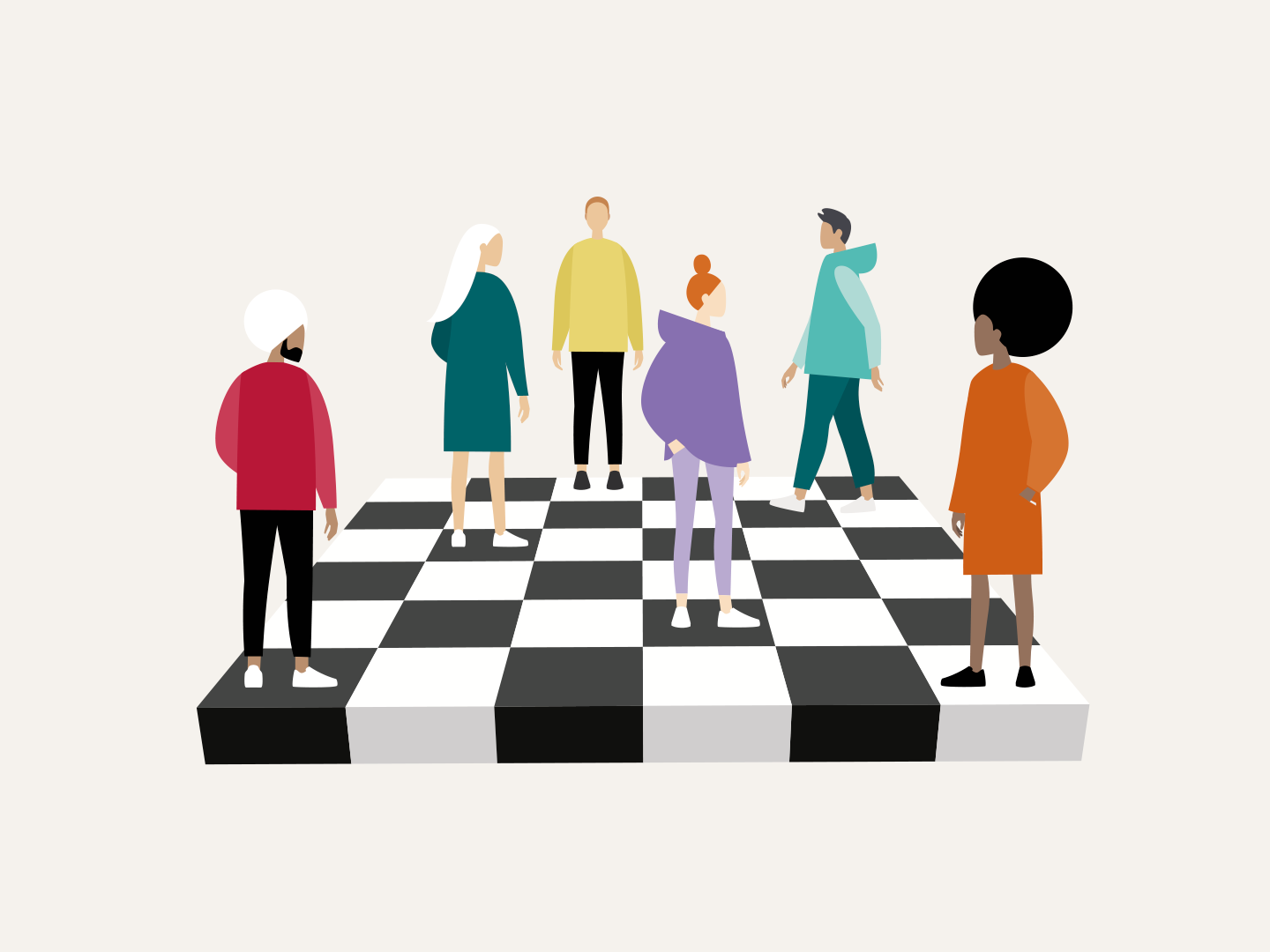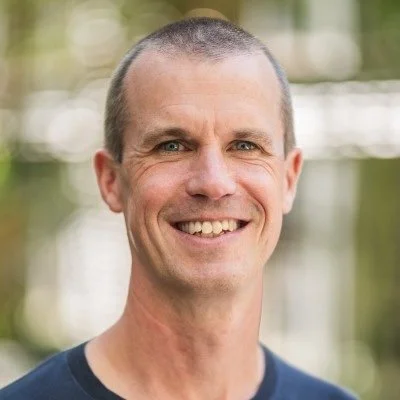Finland's Future Success Can Lie in Learning Systems
International innovation and learning experts Tim Logan and Ray Ison say that a bright future for Finland could be found in rapidly learning open systems - or perhaps through them. Complex times require more sustainable development methods than centrally led control, so now is the time to unearth the vast learning systems expertise and successful examples found in the country.
Between 2024 and 2025, education researcher Tim Logan and systems professor Ray Ison conducted a study focusing on the future of societal learning and governance in the Finnish society. Their goal was to probe current trends in Finland regarding learning and governance, and to determine what other countries might learn from Finland. We spoke with Tim Logan about this research work, whose findings are about to be published during the autumn 2025.
Finland Ahead in Open Learning Systems
When the economic and global situation presents various challenges to organizations, it is insightful to hear perspectives from outside observers and systems professionals. What might Finland's competitive advantages be compared to other nations as they build future success? What should Finland do next?
“Your competitive advantage is that as a country, you are ahead in open learning systems,” says Tim Logan.
“Even though hard times have led to refocusing and tightening of control in many areas, you have an existing ecosystem for building open learning communities, and this has been tested by the central official authorities of the education system,” Logan continues. “You have expertise in open developing systems in different parts of society, and all you need to do is connect the dots to have a real competitive advantage.”
The World Can Not Be Led Like a Machine
What are we talking about in practice with open learning systems? - For example, the Queensland state government in Australia began rewarding staff for learning and sharing their learnings instead of rewarding results. As a result, structural obstacles were surfaced and dismantled significantly faster than normally, and the government's ability to solve complex societal problems improved.
The idea is that when the pace of development in modern societies is rapid and the number of unknown factors and complete surprises is high, learning peer systems are a more resilient foundation for future capabilities than centrally managed, results-focused ways of organizing. This is generally explained by the fact that more eyes see more than one, and the intelligence of groups finds adaptation methods on a broad scale.
“The world is not a machine,” Tim Logan summarizes. “Therefore, we can no longer lead it like a machine.”
Open Collaboration Easily Hindered in Hard Times
In practice, Tim Logan and Ray Ison interviewed a group of Finnish experts from the realm of governance, think tanks, and researchers during their approximately 12-month-long research work. Based on preliminary findings, they organized two discussion forums in Helsinki that deepened the discussion around the main themes.
One of the main findings was that there is a lot of enthusiasm in Finland for experimentation, ‘humble governance’ and learning systems. The results here are good, for example, in involving local communities in experimenting.
Another observation was that in hard times, there is a tendency to move from open collaborative development to more centrally managed and controlled ways of doing things, and this is what is felt to have happened in Finland now. This is not entirely unproblematic:
“Returning to control paradigms tends to benefit those parties who are themselves in control of the control mechanisms,” Tim Logan notes.
Thirdly, Logan and Ison observed that Finnish thinking is easily characterized by a certain belief in authority, also in learning. “In the discussions, people’s formal education and coaching were brought up a lot - as if people didn’t know enough and training would change everything. That’s an interesting finding in a country that is nevertheless a pioneer in learning peer systems,” Logan points out.
More Participation Means More Variation in Solutions
Tim Logan highlights open learning systems as a solution to hard times. “One could think we are now living in times when we specifically need more diversity. We are trying to find solutions and tools for pretty wicked challenges” he says. “In a small country, decision-makers and experts easily know each other, and through that, discussions start to go around in a certain way.”
Tim Logan is international learning expert, one of the producers of School of Hope and the host of Future Learning Design podcast.
There is promising development underway in Finland regarding the participation of groups in decision-making. For example, dialogues facilitated by Sitra and other parties, where solutions to difficult problems are sought together even from completely opposing discussion positions, are a good example. Interesting findings also exist in, for example, the still ongoing project by Sara Lindeman and Thomas Holm (Leapfrog, University of Helsinki, VTT), which studies the analysis of large groups’ discussions as a tool for understanding possible futures as a basis for decision-making.
“Often, it seems that increasing distributed understanding and learning is seen as too slow and unpredictable a way to continue development,” Tim Logan ponders. Perhaps the examples presented above show, however, that this is not always the case - or that there are also quick versions of distributed understanding that are quick to utilize.
“Perhaps the essence of the matter is that distributed learning systems, in their richness, are more sustainable than centralized and controlled alternatives. It is good to remember that although control-based systems have their advantages for example in very sudden or simple situations, control is nevertheless largely an illusion,” Tim Logan notes.
“When it comes to, for example, the changing rapid situations of one's own family, most of us naturally move to using operating methods based on experimentation and learning.”
Find Good Examples and Utilize Them
Perhaps now would be a good time in Finland to recognize and utilize the competence we already have a lot of in fast learning in open systems. “There are people and organizations who are already operating successfully with a learning approach. The present would benefit from a better understanding of the mechanisms and results of these examples,” Tim Logan states.
Partly, growing this understanding requires overcoming shared language barriers - because competence is currently very much distributed between different schools of thought. Examples could be found equally among startup operators, systems research, innovation actors, experimental governance development, as well as, for example, agility and lean development. But fortunately, we are starting to have tools at hand with which these kinds of boundaries are beginning to be overcome.
"The systems thinking association SCiO Finland, founded in 2023, aims to continue the discussion initiated by this research work by Ray Ison and Tim Logan. SCiO is a non-profit expert community which focuses on developing and sharing organizational practices based on systems theory, cybernetics, and complexity theory."
The link to Tim Logan and Ray Ison’s article will be updated on this page as soon as it has been published.



